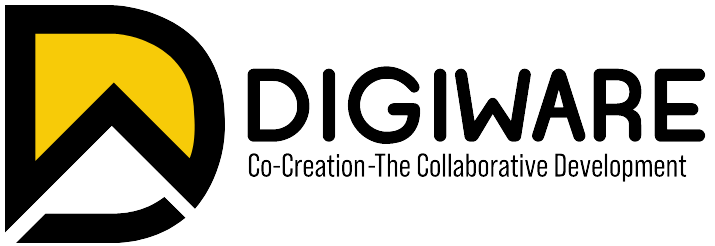Every business needs information technology, but there is occasionally a misunderstanding about what really falls under its cover. Digital marketing is one area where there is a lot of misunderstanding. You may have been aware of the distinction all along or were uninformed that Information Technology and Digital Marketing were two separate entities. Many individuals may avoid headaches by understanding the difference.
Some business owners may wrongly believe that digital marketing is something they can delegate to their IT department because of that bothersome term “digital.”
Information Technology
Information technology, in its most basic sense, is the application of technology to address issues. As a result, many individuals believe that digital marketing is included. They believe that IT specialists can handle click funnels and drip marketing.
In reality, Information Technology is responsible for three things:
- The development of policies and practices to make IT more efficient is referred to as governance.
- Operations, which include tech support, network maintenance and security, among other things.
- Infrastructure refers to the process of installing and maintaining all of your tangible hardware and equipment.
All of these aspects are useful in your day-to-day activities. The optimal IT department is the one you don’t even realise is there because you don’t require tech assistance and they just keep things running in the background. The majority of IT workers are diligent, have strong maths skills, and have a thorough understanding of the systems they work with.
They may not have the necessary abilities to work in marketing or to assist you in publishing your product or service.
Digital Marketing
The phrase “digital marketing” refers to any type of marketing that takes place on the internet. Anything that employs the internet or an electronic device is considered digital marketing. The use of electronic devices or the internet to promote products or businesses is known as digital marketing. Text messaging, instant messaging, video, apps, podcasts, electronic billboards, digital television and radio channels, and other means of communication are all included. Digital marketing makes use of a variety of platforms and technology to allow businesses to examine campaigns, content, and strategy in real-time to see what’s working and what isn’t. Businesses utilise digital platforms such as search engines, social media, email and other websites to communicate with current and future customers. Communication via text or multimedia communications is also included in Digital Marketing.
So, here’s the key distinction: Information Technology is largely concerned with maintaining your networks operational. The goal of digital marketing is to connect with people. The majority of individuals will find you through digital marketing (unless they hear about you from a satisfied customer). The majority of individuals start their search for a product or service online, and they are increasingly using mobile devices. If you entrust your digital marketing to your IT department, you can expect a dry, bare-bones service that won’t appeal to your customers at all unless you’re extremely lucky.
This isn’t to say that information technology doesn’t have a place in digital marketing; it just requires a different set of skills. While IT is necessary to keep your business functioning, digital marketing is becoming increasingly important to ensuring that it thrives.
Digital marketing is becoming more significant than “analogue” marketing, such as handing out fliers, for most businesses, while it is still not as important as the ever-important word of mouth. If you want your business to flourish, you’ll need a digital marketing staff. Digital marketing strategies vary depending on the company and industry, as well as between B2B and B2C.
Is IT Knowledge Required for Digital Marketers?
It is not necessary for digital marketers to be IT experts. They do, however, need a good, fundamental grasp of how the technology they utilise works. They must be able to effectively use all of the technologies at their disposal, particularly when it comes to analytics measurement. This goes hand in hand with a grasp of buyer personalities. They must understand how the internet functions as well as how various social media networks are joined together at the coarse architecture level.
Most importantly, they must be able to automate anything that can be mechanised in order to free up time for the more creative aspects of the work. After that, digital marketers must collaborate with IT to verify that everything put in place to support digital marketing is compatible with the rest of the company’s IT infrastructure. Martech must be effectively connected, particularly when it comes to client data that can be used by both sales and marketing.
What Makes a Good Digital Marketing Team?
No, you can’t give it over to IT because, while they’re important, it’s not their area of expertise. Outsourcing your digital marketing to professionals is the most common solution for most businesses. Instead of bringing on a full-time workforce, you may pay for only the time you require.
Contact Digiware now if you’re ready to take your digital marketing to the next level. Our experienced digital marketing team can assist your business in developing a digital marketing plan that is tailored to your industry and target demographic. We can collaborate with your IT staff to locate the tools you require to succeed. The way things are going to be in the future is through digital marketing. Get in touch with the Digiware team for instant growth in your business. Fill out the contact form now.

